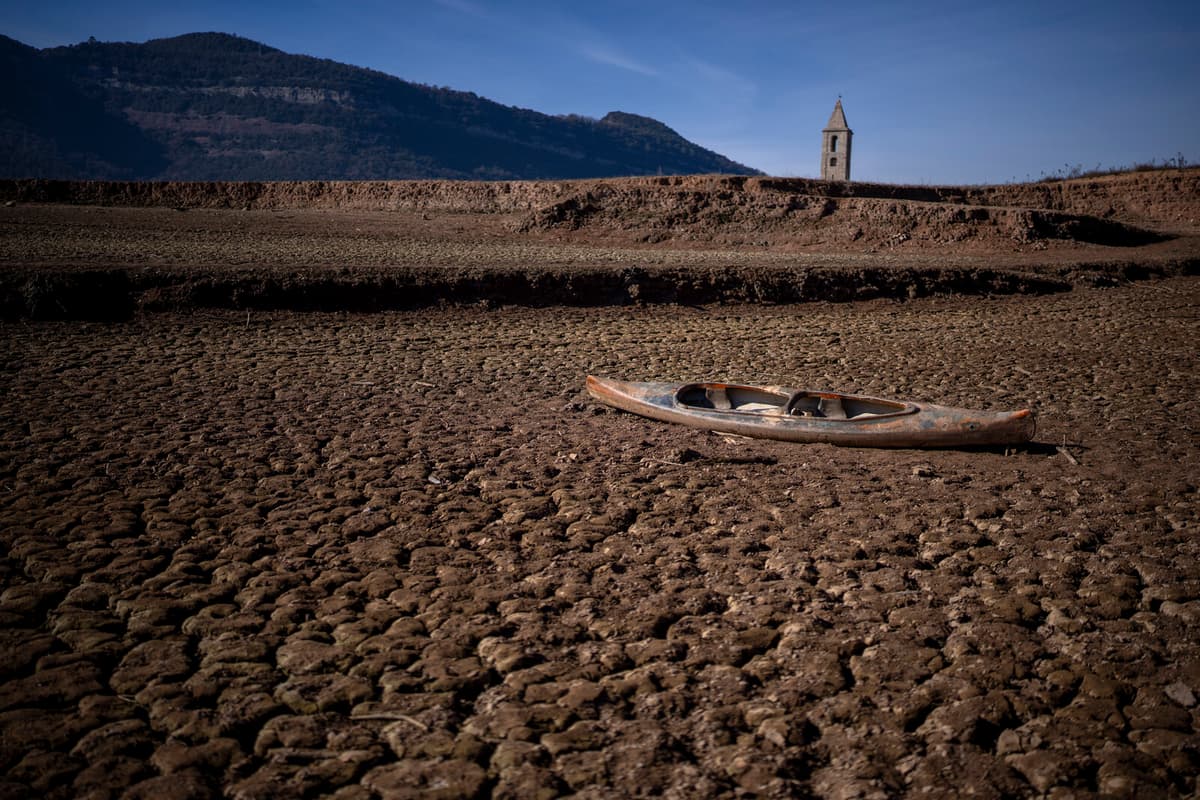The report, which over 60 researchers from 20 countries are behind and which is published in The Lancet Planetary Health, has taken on five of the systems that shape the planet. It deals with everything from climate change, biological diversity, and water supply to air pollution and eutrophication.
Earlier, researchers have shown that we have exceeded the limits of what several of these systems can tolerate. The researchers now define what they call "the safe and just space". It's about the space where we can live under decent conditions without the planet and ecosystems collapsing.
Clear message
We must reduce inequality and share the Earth's resources better to have a safe planet. Everyone around the world needs access to resources to have a decent standard of living, and at the same time, we must stay within the limits of what these vital systems can tolerate, says Lisa Jacobson, co-author and project manager for the Earth Commission at Future Earth in Sweden.
Johan Rockström, head of the Potsdam Institute for Climate Impact Research in Germany and professor at Stockholm University, is one of those who have participated in the work. He says that by measuring and quantifying the limits of, for example, how much carbon dioxide emissions and deforestation the planet can tolerate, we can set budgets and goals.
We cannot continue to subsidize the rich white minority to have unsustainable production and consumption. It's by measuring and pricing the cost of harming the planet that it can make a difference, he says.
Not too late
The researchers also point to areas in the world where these limits have already been exceeded. It's about areas that are already affected by poverty, extreme weather, and political uncertainty, such as India, Bangladesh, and parts of Africa.
But it's not too late to turn the development around, according to the researchers. The hope is that companies and decision-makers at both global and local levels will use the report as a guide and make changes.
If we reduce inequality and transform our energy and production systems, the safe space can be enough for everyone, says Lisa Jacobson.
Advertisement
This is something that needs to be done nationally as well as globally.
Not so many years ago, Sweden was a driving force for EU climate policy, but now we are more of a trailer. The EU is now a guarantee that we won't lose the pace completely, it's a sad development, says Johan Rockström.
In the current report, the researchers focus on five areas: climate, biological diversity, freshwater, eutrophication/nutrients, and air pollution.
The report highlights several examples of countries where planetary boundaries have already been exceeded:
In India, around 1 billion people live in areas where nature has too low a capacity to provide ecosystem services, i.e., products and services from nature such as crops and water.
In Bangladesh, 30 million people are at risk of being affected by rising sea levels.
India is hardest hit by water scarcity, but even in Germany, 76 million people live in areas with uncertain access to groundwater.
Source: A just world on a safe planet: a Lancet Planetary Health–Earth Commission report on Earth-system boundaries, translations, and transformations






